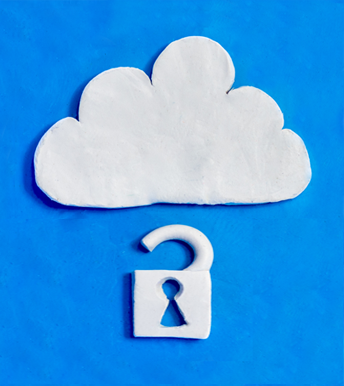It’s understandable why a small business or a local nonprofit may want to take advantage of free services when it comes to sharing files with staff, colleagues, clients and members. However, those who have turned to public clouds expecting data security and no loss of data may not have their expectations met in a time of crisis.
Small businesses and nonprofits that use free cloud storage such as Dropbox or Google Drive to store their files, including any confidential data about their clients and customers are likely not aware that free cloud versions are more susceptible to being breached. The level of risk associated with free clouds is higher than any other cloud storage option. That a company or nonprofit hasn’t been hacked yet is not a reliable indicator they won’t be hacked in the future. These products were designed with storing photos from your cell phone in mind thus these apps come with your phone.
To reduce the consequences of a security breach when using a public cloud, a business or nonprofit should restrict its free cloud use to only those files, which they characterize as non-confidential. Confidential files, which includes confidential data about employees, clients and customers such as, but not limited to, social security numbers, credit card numbers, etc. should be stored on a secure cloud or on-premises servers.
The same holds true for those who use the paid version of a public cloud since some public clouds that offer paid versions are using the very same ‘free’ infrastructure in their paid versions. Thus, a paid version of a public cloud may not be any more secure than the free version.
Taking steps to protect the confidential information a company or nonprofit stores on a cloud is more than a sound business decision. It’s an ethical and very possibly legal obligation to exercise the vigilance needed to protect employee, client and customer confidential data. Put another way, would you reward a storefront with your consumer business or a nonprofit with your donation or an accountant with preparing your taxes, if you knew they were storing your confidential data on a public cloud rather than spending a slight portion of their operational funds to store your confidential data on a secure cloud?
Secure cloud storage isn’t as expensive as one may think. The cost will range depending upon the amount of storage needed and can be as low as $.10 for 1 GB. And, it certainly isn’t as expensive as the consequences to all if a business or nonprofit’s free cloud is hacked.
WANT TO KNOW MORE ABOUT SECURE CLOUDS? Contact us.


